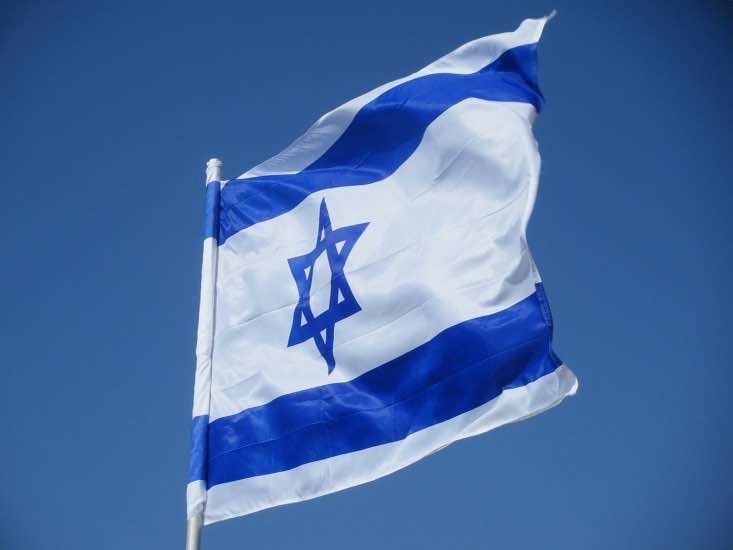Israel Energy Minister Backs More Natural Gas Exports
(Reuters) — Israel's energy minister said on Wednesday that more of the country's natural gas reserves should be earmarked for export, amid renewed interest in offshore exploration and an ongoing debate on whether the gas should be kept for domestic use.
Huge gas deposits were discovered in the past 15 years off Israel's Mediterranean coast, but the government, in order to ensure the local market has enough in the future, set limits on how much can be sold abroad.
The issue has been hotly debated for years and was reignited last month when Israel's budget director warned that the country risked exporting too much, endangering energy security.
In 2022, energy companies in Israel produced 21.29 billion cubic meters (Bcm) of natural gas, with just 9.21 Bcm of it exported. The exports went to Egypt and Jordan.
Now Israel is at an energy crossroads.
It wants to double gas production in the coming years and link with new markets, including Europe, which is looking for new energy sources. And the energy ministry this month auctioned off four exploration zones to groups that include a total of nine companies, five of which were new to the Israeli market.
But without greater access to foreign buyers, and given the small size of Israel's market, companies will likely shy away from making needed investments to boost production.
"Our ability to export gas, in a controlled manner, as I've said, is a great diplomatic weapon that strengthens Israel's position in the region, and the world," Energy Minister Israel Katz said during a tour of the Leviathan gas platform.
Leviathan is Israel's largest field. The project's partners - operator Chevron CVX.N and Israel's NewMed Energy and Ratio Energies — would like to increase output to 21 Bcm a year from 12 Bcm.
"If we take the economic aspect ... and the diplomatic benefit for strengthening Israel's position, surely we need to make the decision to increase the export of gas, according to the quantity needed," Katz said, without giving figures.
Katz's public backing for raising export quotas, which is not yet a formal government decision, sparked criticism from public advocacy groups, who warned that Israel could suffer gas shortages as domestic demand rises and have raised the prospect of environmental damage from heightened offshore activity.
"This is a fateful decision that can end up being mourned for generations," said non-profit group Lobby 99.
Katz dismissed the concerns as fearmongering.
Related News
Related News

- Enbridge Plans 86-Mile Pipeline Expansion, Bringing 850 Workers to Northern B.C.
- Intensity, Rainbow Energy to Build 344-Mile Gas Pipeline Across North Dakota
- Energy Transfer to Build $5.3 Billion Permian Gas Pipeline to Supply Southwest
- Enbridge Sees High Demand to Expand 593-Mile Canada-to-U.S. Gulf Oil Pipeline
- Strike Pioneers First-of-Its-Kind Pipe-in-Pipe Installation on Gulf Coast with Enbridge
- A Systematic Approach To Ensuring Pipeline Integrity
- 275-Mile Texas-to-Oklahoma Gas Pipeline Enters Open Season
- LNG Canada Start-Up Fails to Lift Gas Prices Amid Supply Glut
- Strike Pioneers First-of-Its-Kind Pipe-in-Pipe Installation on Gulf Coast with Enbridge
- Enbridge Sees High Demand to Expand 593-Mile Canada-to-U.S. Gulf Oil Pipeline





Comments